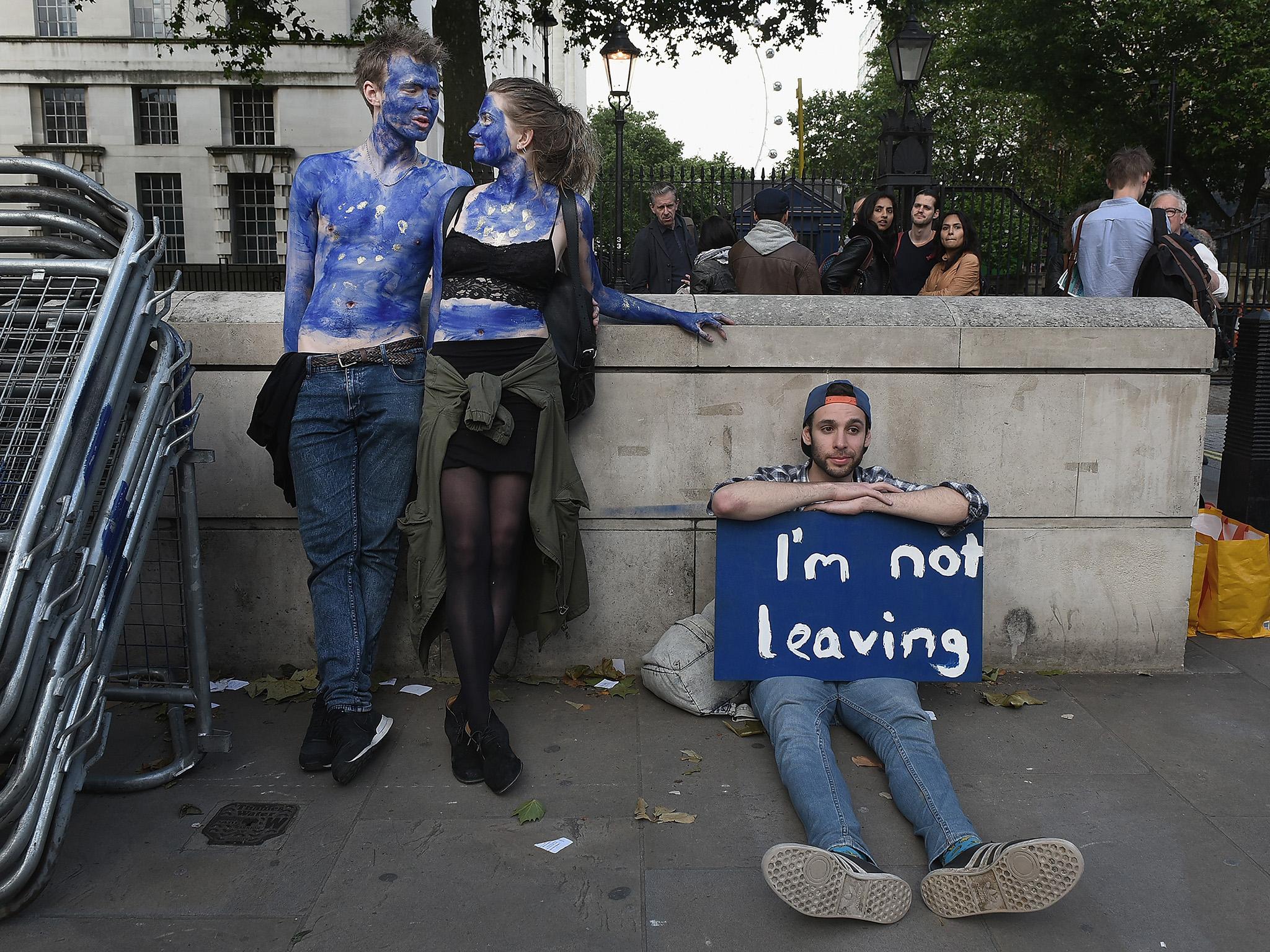Article 127: Court hearing on single market legal challenge postponed
Whether case proceeds to full trial, like Article 50 challenge, depends on outcome of hearing

Your support helps us to tell the story
From reproductive rights to climate change to Big Tech, The Independent is on the ground when the story is developing. Whether it's investigating the financials of Elon Musk's pro-Trump PAC or producing our latest documentary, 'The A Word', which shines a light on the American women fighting for reproductive rights, we know how important it is to parse out the facts from the messaging.
At such a critical moment in US history, we need reporters on the ground. Your donation allows us to keep sending journalists to speak to both sides of the story.
The Independent is trusted by Americans across the entire political spectrum. And unlike many other quality news outlets, we choose not to lock Americans out of our reporting and analysis with paywalls. We believe quality journalism should be available to everyone, paid for by those who can afford it.
Your support makes all the difference.Theresa May is expected to announce plans to abandon the single market in a bid for hard Brexit – but this may be made more difficult by a legal challenge relating to a clause known as Article 127.
Unlike Article 50, which is the subject of its own Supreme Court battle to be resolved this week, Article 127 of the European Economic Area agreement sets out the mechanism for leaving the single market.
Pro-EU campaigners say Britain will have to organise its extraction from the European Economic Area (EEA) – and therefore the single market – separately to its departure from the EU itself.
The case, which was initially proposed last year by pressure group British Influence, has been postponed and will now be heard in early February, reported City AM.
It argues that Parliament should be able to vote on triggering Article 127, despite the government’s wish for single market membership to end when Britain leaves the EU.
Whether or not the case proceeds to a full trial, as the Article 50 challenge has done, depends on the outcome of the hearing, which was due to take place this week.
The EEA agreement was first drawn up in 1994 between the EU member states and three countries not in the EU: Iceland, Liechtenstein and Norway.
Article 127 of the agreement states that “Each Contracting Party may withdraw from this Agreement provided it gives at least twelve months' notice in writing to the other Contracting Parties”.
Ms May is expected to reveal more details on the Government’s strategy to leave the EU potentially just days before the crucial Supreme Court ruling on whether Parliament must give its consent to leaving the EU.
Downing Street has decided to get ahead of a likely defeat in the Supreme Court, which is expected to confirm that the House of Commons and House of Lords must approve the triggering of the Article 50 exit clause.
Join our commenting forum
Join thought-provoking conversations, follow other Independent readers and see their replies
Comments